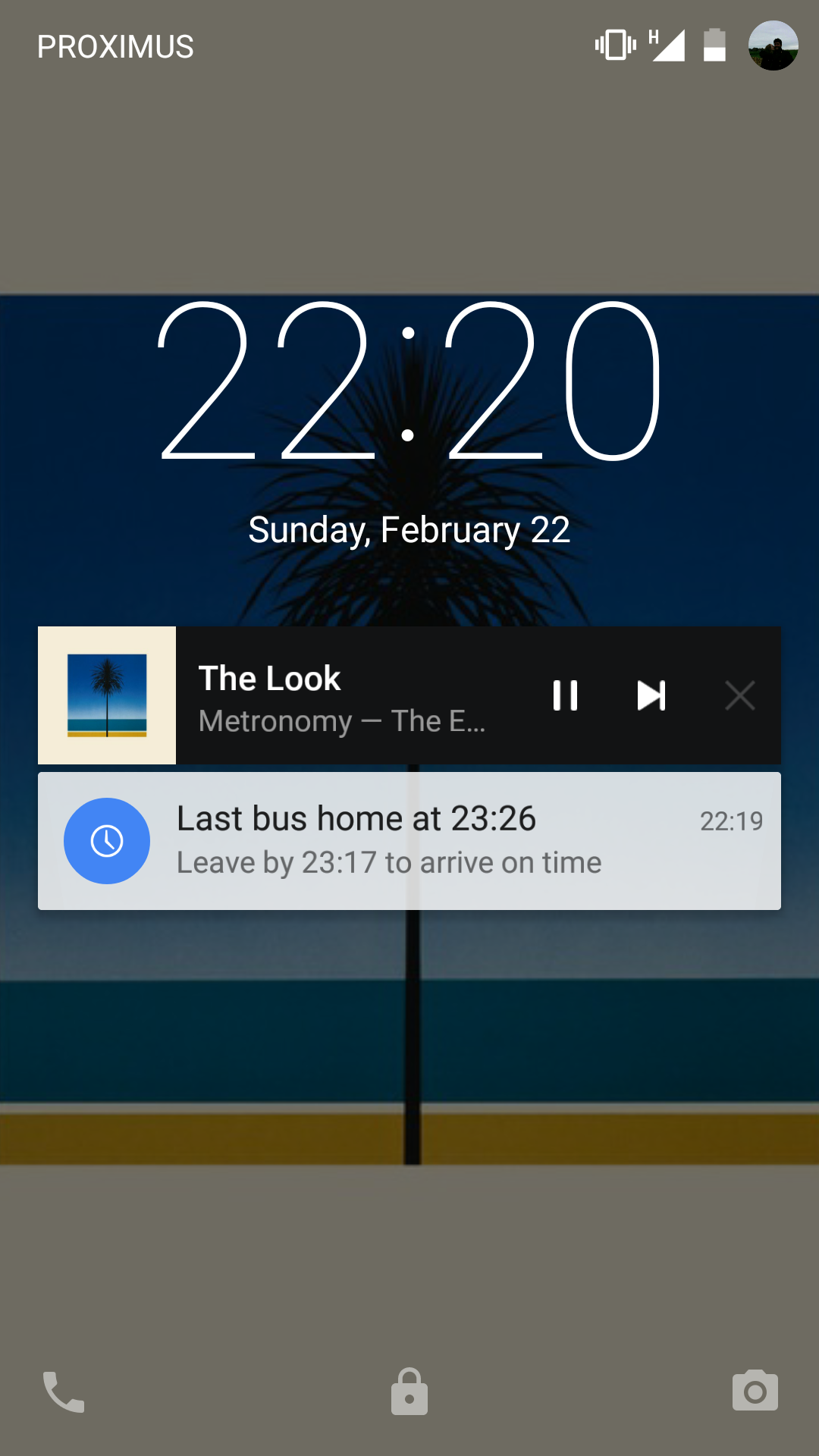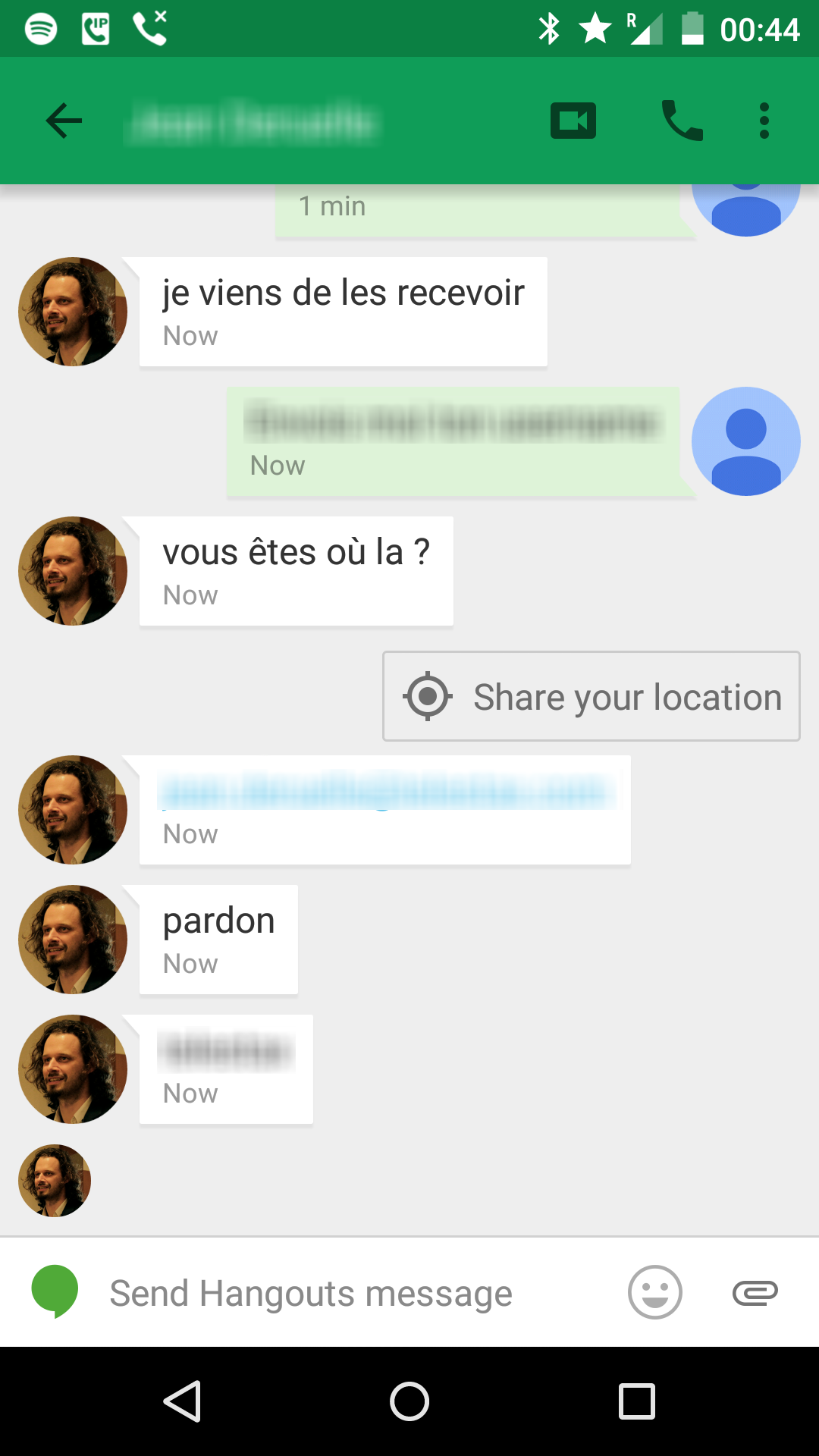Context is the future.
Gettin' it right, gettin' it now.
I'm a big advocate of contextuality. I believe it will make up a big part of what we view the future to be. We're only now starting to get contextuality right. An comapny that is taking the lead in contextuality, due to its high quantity of rich data, is Google, more specifically with its Google Now product which offers contextual information based on the situation the user is in.
It's basically the right information, at the right dose, at the right time. Too much, too soon, too late, too few information can be a killer when receiving notification or performing an action.
What we need to take into consideration is:
- Medium (how we're receiving it). eg: push notification, email, alert
- UX (what it feels like and the call to action). Ranges from color, to text, to how to 'view' the notification)
- Amount (how much information is the right amount?)
- Timeliness (when are we receiving it)
I love working with contextuality (check out my award-winning contextual hack) and hope to see it expand with the increase in use of Internet of Things and wearables. Below are a few examples of what I like to see in terms of contextuality approaches.
Google Now let's me know when the last bus home is leaving.

With something that seems like a simple notifiction, a lot is actually going on. Google Now first knows that I am away from home based on my geo-location, and based on the time, it figures out I will want to get home at some point. From that, it loads the timetable of different transportations back to my address (stored) and lets me know that there is only one bus left for the day. Bonus point for also letting me know when I should leave the party to catch it. All of this in 2 sentences. Mind blowing.
Google Chat shares my location when my friend asks me where I am.

This one was a fantastic surprise. As soon as my friend Jean asked me in french where I was, Google suggested me to share my location. Here, a combination of GChat, translate, and maps is merging very nicely. Beautiful and frightening at the same time.
Google is doing a tremendous job at combining all their services into an all 'knowing' intelligent platform.
Facebook lets me know which if my friends are safe.

This year, Facebook introduced Amber Alerts and Safety Check. These services use your location and friendbase to send you information regarding dramatic events that occured. The example above is the Safety Check feature for the Nepal Earthquake, letting me know I have friends affected in the area.
A great feature of the Safety Check is that it actually asks people in the area affected by the event whether they are OK. This way I can directly know whether someone is safe or not.
These are amazing examples of how Facebook uses contextual information for something that's truly important - safety.
